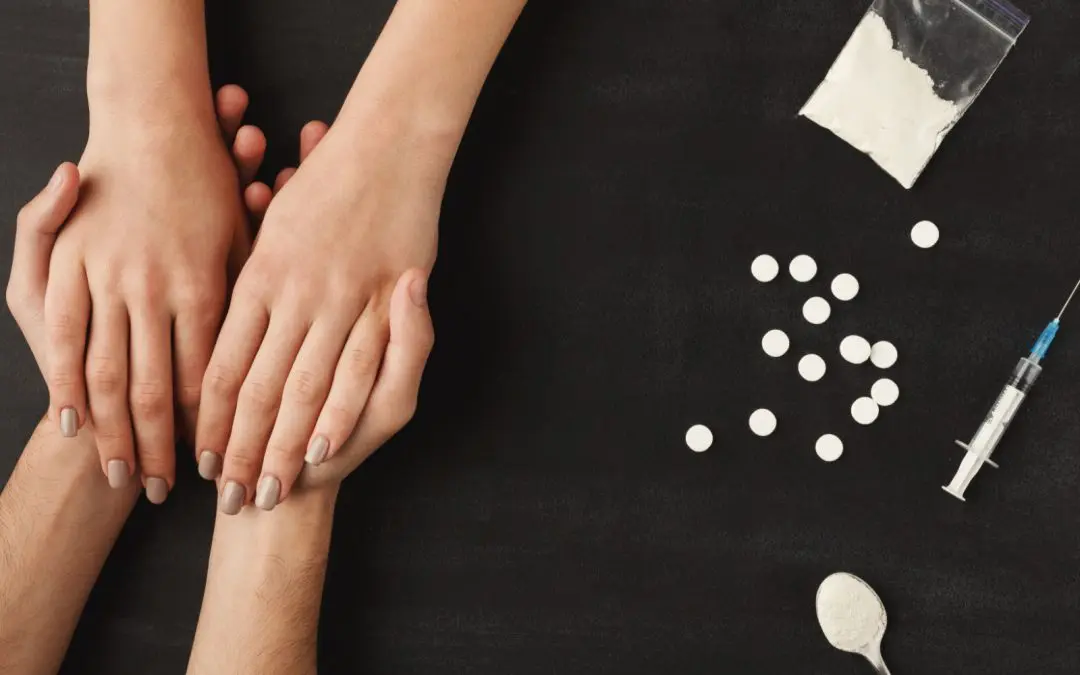24/7 Helpline:
(866) 899-221924/7 Helpline:
(866) 899-2219
Learn more about Dual Diagnosis Rehab centers in Clearwater County
Dual Diagnosis Rehab in Other Counties

Other Insurance Options

Premera

Carleon

Oxford

Optum

Optima

PHCS Network

Meritain

Sutter

State Farm

Regence

Holman Group

Evernorth

Health Net

United Health Care
Beacon

Choice Care Network

CareSource

Aetna

EmblemHealth

UMR

Central Minnesota Mental Health Center
Central Minnesota Mental Health Center is a private rehab located in Elk River, Minnesota. Central M...

Riverplace Counseling Center
Riverplace Counseling Center is a private rehab located in Elk River, Minnesota. Riverplace Counseli...

New Beginnings – Elk River
New Beginnings is a state licensed, alcohol and drug treatment facility. The facility offers outpati...

Fairview Recovery
Fairview Recovery is a private rehab located in Elk River, Minnesota. Fairview Recovery specializes ...










A to Z Family Services – Orofino
A to Z Family Services – Orofino is a private rehab located in Orofino, Idaho. A to Z Family Service...

New Beginnings – Evening Outpatient
New Beginnings is a state licensed, alcohol and drug treatment facility. The facility offers outpati...

































